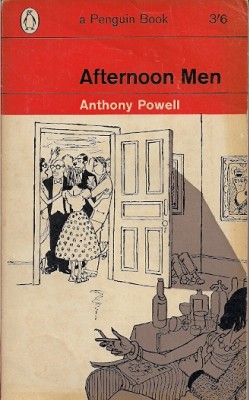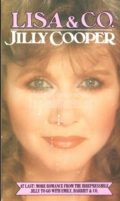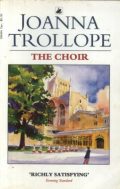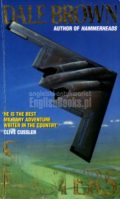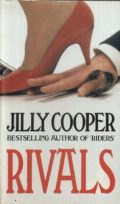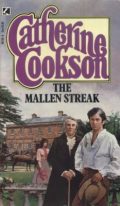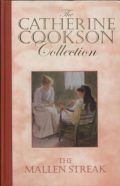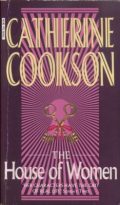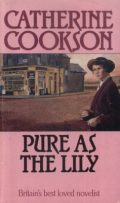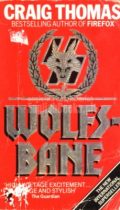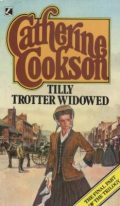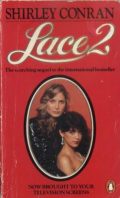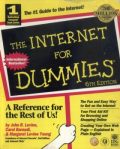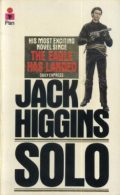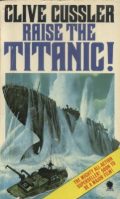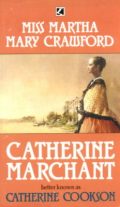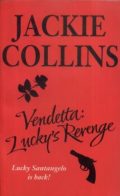Book description
It is difficult to read Powell’s first novel (published in 1931 when the author was 26) without thinking continually of Dance. The author’s style although nascent is already clearly stated. There is the blitz of characters, mainly from the art world and its milieu. There is the circularity of life; as this novel starts and ends with preparations for yet another party.
There is the slender plot, Atwater’s less than heroic philandering through a summer. There are the frequent sporting references reminiscent of the early Dance volumes. There are the occasional well-turned phrases, eg. "the aura of journalism’s lower slopes hung round him like a vapour". However, there is much too much clipped and seemingly inane conversation from the giddy-headed protagonists. Most importantly however, there is the rippling comedy and there is always a taxi when required.
We are given the first sighting of the Powell set pieces. We have the drunken London parties, Mrs Race’s dinner party complete with bad Balkan liqueur, a country house holiday, and an interesting visit to a boxing evening.
We see the contrast between the drifting, purposeless, promiscuous young bohemians and the sadness beneath the surface of their apparently privileged lives. We see Fotheringham and Nunnery desperate for friendship and company while most others appear unfeeling. In the boldest scene, the artist Pringle half-heartedly attempts suicide while his 'mistress’ of the moment has casual sex with Atwater. But while Powell considers the male psychology through several aspects he does not yet attempt a similar feat with his female characters. Too many of the players lack solidity and remain sketches.
There are frequent slightly disturbing references to Jews. Considering this was published in 1931 I assume it was within common speech to refer to Jews even in Britain as a matter of course. Susan, the object of Atwater’s desire, runs off to America with Verelst, a Jewish art collector. Susan’s father says, "I don’t dislike him because he’s a Jew, one can’t dismiss whole races at a time". The other politically incorrect moment concerns Powell’s handling of the maid at the rented country house. Her prudish family are concerned at the morals exhibited by the artist’s friends, but they are brutally bought off by a small salary increase. I enjoyed the occasional arcane word such as "banting" (slimming) or "we might go to a talkie" Nosworth suggests to Atwater.
This is a comic, not satirical novel, no matter how deceptively slight, with a serious aim of portraying human behaviour without comment. As such it succeeds and serves to propel Powell and us in a direction we all know was to develop considerably. It must also have been somewhat racy for the period.

